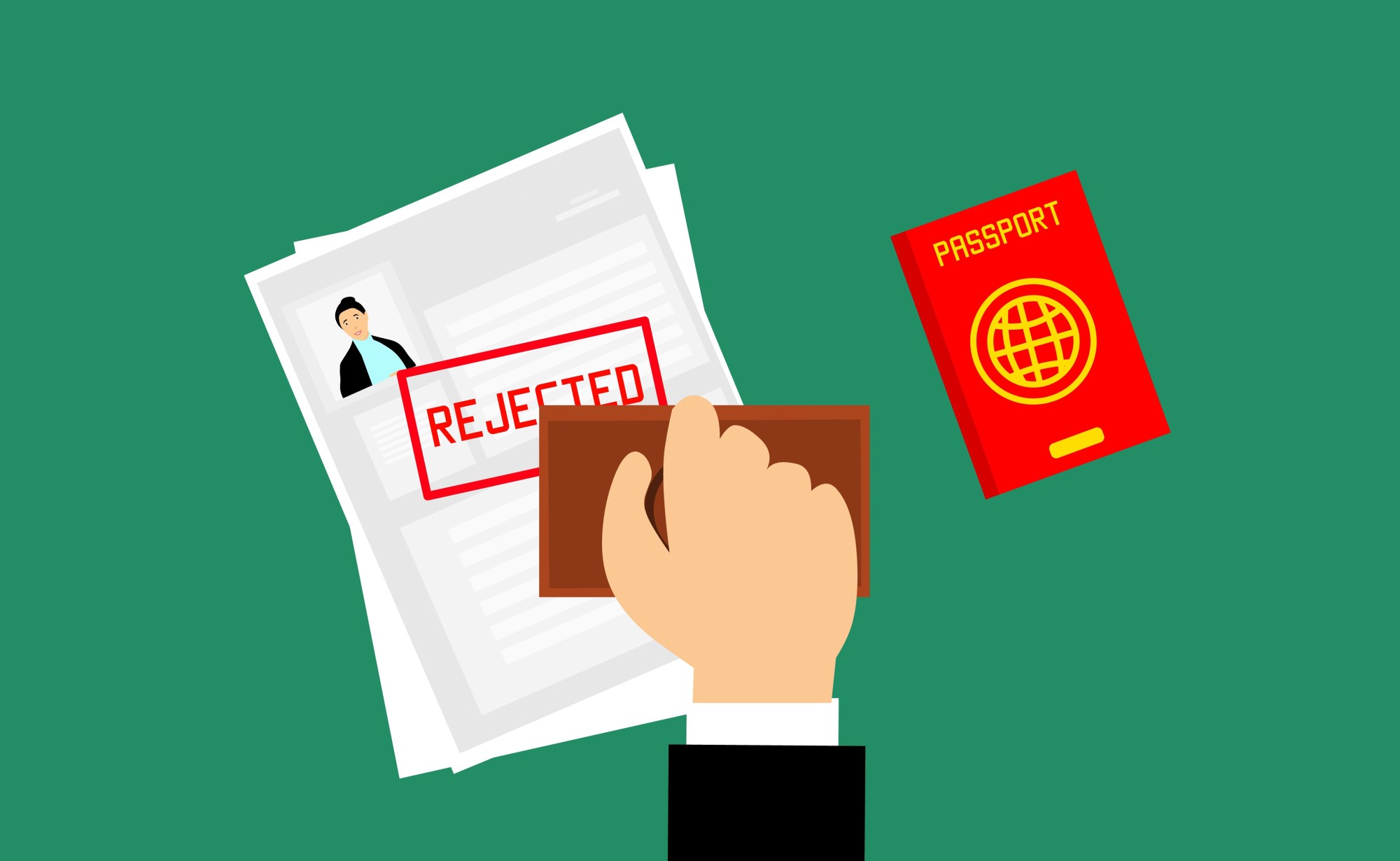Spending even one day in ICE custody is a frightening experience. In most cases, detainees know they’re in danger of either a long stay in the detention facility or deportation.
The most frightening and confusing aspect of ICE detention is the fact that the immigration system turns on specific rules governing who ICE can hold in custody and for how long. Some detainees can bond out while others must remain in custody for the duration of their immigration case.
Those who bond out, do so through an immigration bond hearing. If you end up in ICE custody, here is what you need to know about the bond hearing process. Your freedom may depend on it.
Who Gets an Immigration Bond Hearing?
First, be aware that although immigration cases go through the federal court system, the way each court interprets immigration laws differ depending on the state where you live. This is one of the most confusing things about getting caught up in the immigration court system.
Initially, ICE decides whether you’re eligible for release. They base their determination on the following factors:
- Flight Risk
- Danger to the Community
If they think you’ll show up for your future immigration appointments and hearings, you have a point in your favor. If they don’t think you’re a danger to your community, you have another point on your side. Once they decide you’re a candidate for a bond, they’ll schedule an initial bond hearing.
Another thing to keep in mind is the difference in the way each judge conducts bond hearings. Some want to see evidence of your eligibility.
That means lots of documents from friends, family members, and possibly people in your community, like your pastor. You’ll find other judges who prefer to hear arguments during your hearing. When you know the judge, it can make a significant difference in the outcome of your case.
Since it isn’t likely a detainee knows anything about the judge, it’s critical to have legal representation. Experienced immigration attorneys know the various judges who hear these cases and know how to plan their arguments accordingly.
If You Don’t Get a Hearing Within a Few Days
When you’re taken into custody, you should have a court appearance scheduled soon after. This first appearance is a master calendar hearing and it takes place in front of an immigration judge.
While bond isn’t the main point of a master calendar hearing, you can make an oral request for a bond hearing during this initial appearance. Sometimes the master calendar hearing isn’t scheduled immediately, leaving a detainee in custody for several days without notice to appear in court.
When that happens a detainee can (and should) make a written request for a bond hearing.
While some detainees choose to represent themselves at the bond hearing, this usually isn’t the best idea. The best solution is hiring a seasoned immigration attorney. You want a lawyer who can draft a well-written motion for a bond hearing because your release depends on it.
What Happens at the Bond Hearing?
Don’t feel shocked when you show up for your bond hearing and the government has its own attorney. Yes, ICE uses an attorney at every bond hearing.
The ICE attorney brings every piece of information they have on you to the bond hearing. Their file contains your criminal record and any immigration history you have in the U.S. All of your information gets pulled when ICE fingerprints you during the first hours of your detention.
During this hearing, every single thing on your criminal history counts. The judge looks at your complete history when considering whether your release presents a possible danger to the community.
Everything Is in the Hands of the Judge
At the beginning of the bond hearing, the immigration judge reviews your status and ensures you’re eligible for a bond. Eligibility doesn’t guarantee the judge will grant bond. Much of the judge’s decision comes from their perception of your character and your criminal history.
It’s a discretionary action a judge makes and they weigh the evidence of your criminal record against whether you’re a flight risk or a danger to the safety of your community.
You can help your case by asking friends and family to attend the bond hearing. Tip: Don’t invite people who aren’t either U.S. Citizens or lawful residents.
Your attorney will help you compile evidence proving your family ties in the U.S., your history in the community, and if you’re legally allowed to work, reference letters from your employer.
When the Judge Grants Your Bond
If the judge grants your bond, you should feel thankful as judges don’t grant bond to every detainee even when they’re eligible. You can celebrate responsibly later, but for now, feel relieved and appreciative.
Once you finish with the bond hearing, it’s time to arrange for your immigration bond payment.
Keep in mind the minimum amount for an immigration bond is $1,500, but the bond can increase up to $10,000 or more depending on how the judge assesses a detainee’s risk factors.
If your bond is too high for your friends and family to pay, you may decide to work with an immigration bond company. The bond company will ask for a percentage of the bond and then they’ll cover the rest.
Did You Benefit from this Post on Immigration Bonds?
When dealing with immigration issues, knowledge is your best defense. Now that you understand more about the immigration bond hearing process, you should feel less worried about what could happen in the future.
Sometimes it isn’t you worried about immigration—maybe it’s a co-worker or close friend. Pass the information along and help ease their minds.
If you’re celebrating success with an immigration case or any other milestone in your life, come celebrate with us at 1537 Margaret Street in Jacksonville, FL.
